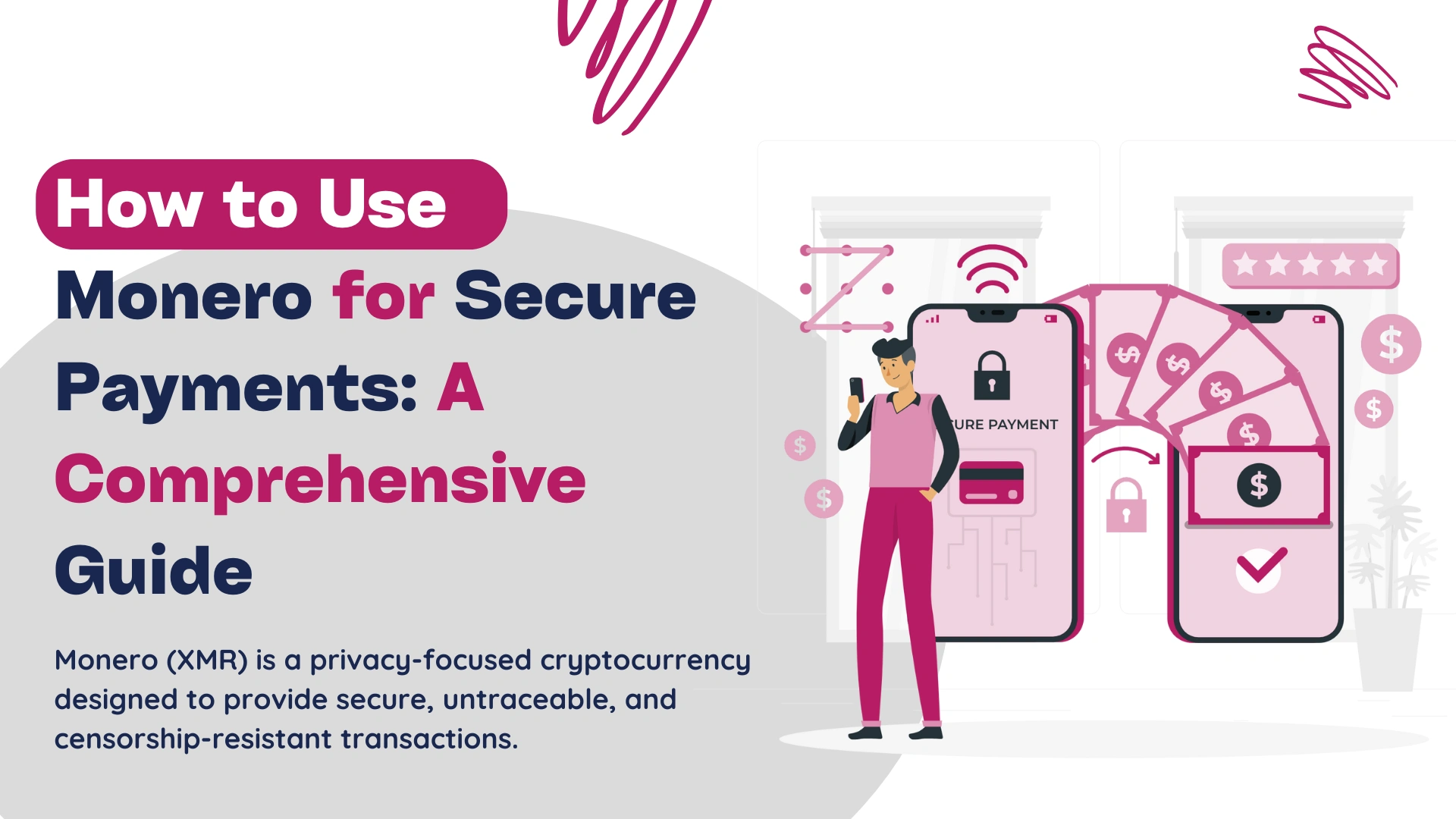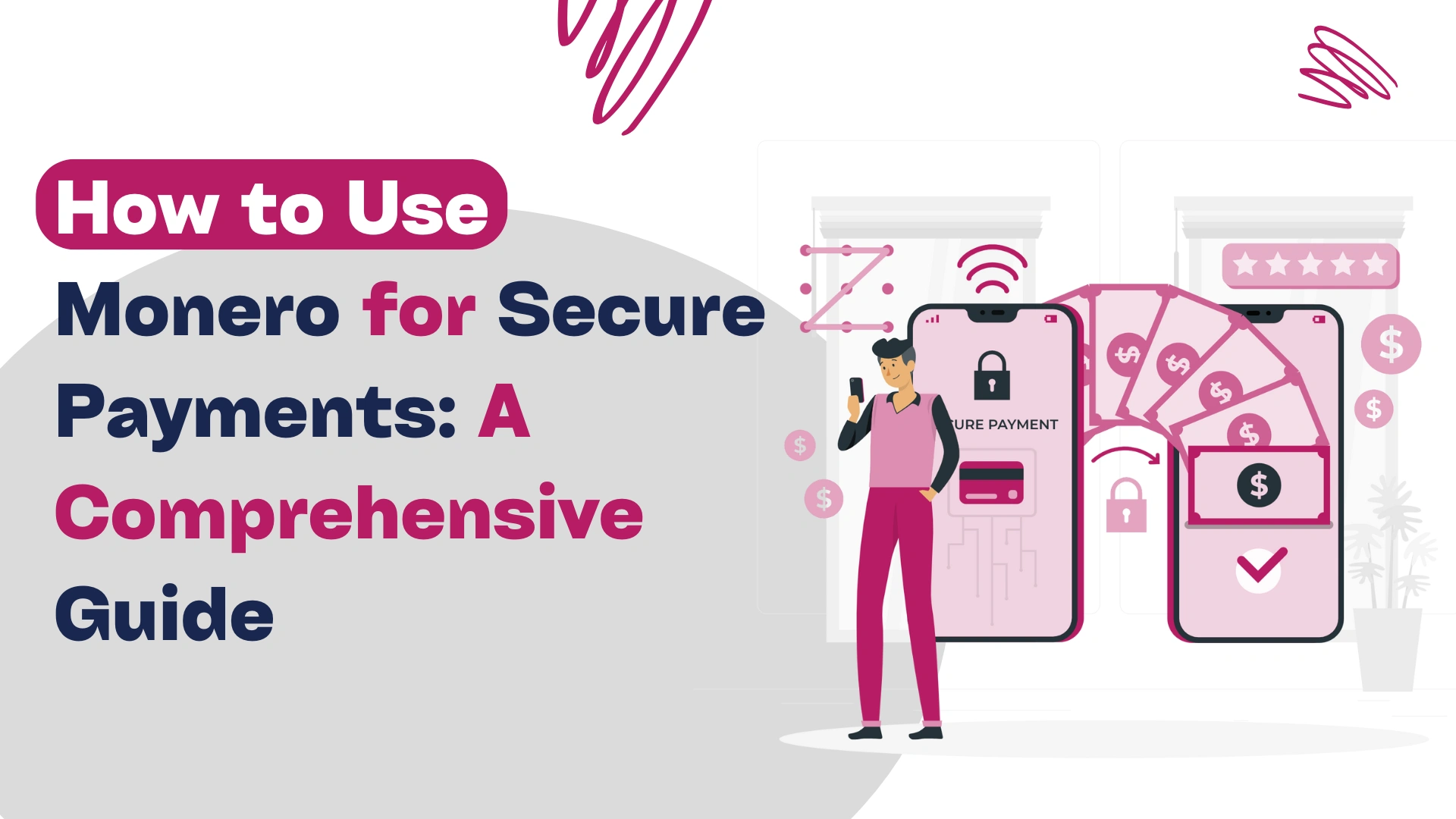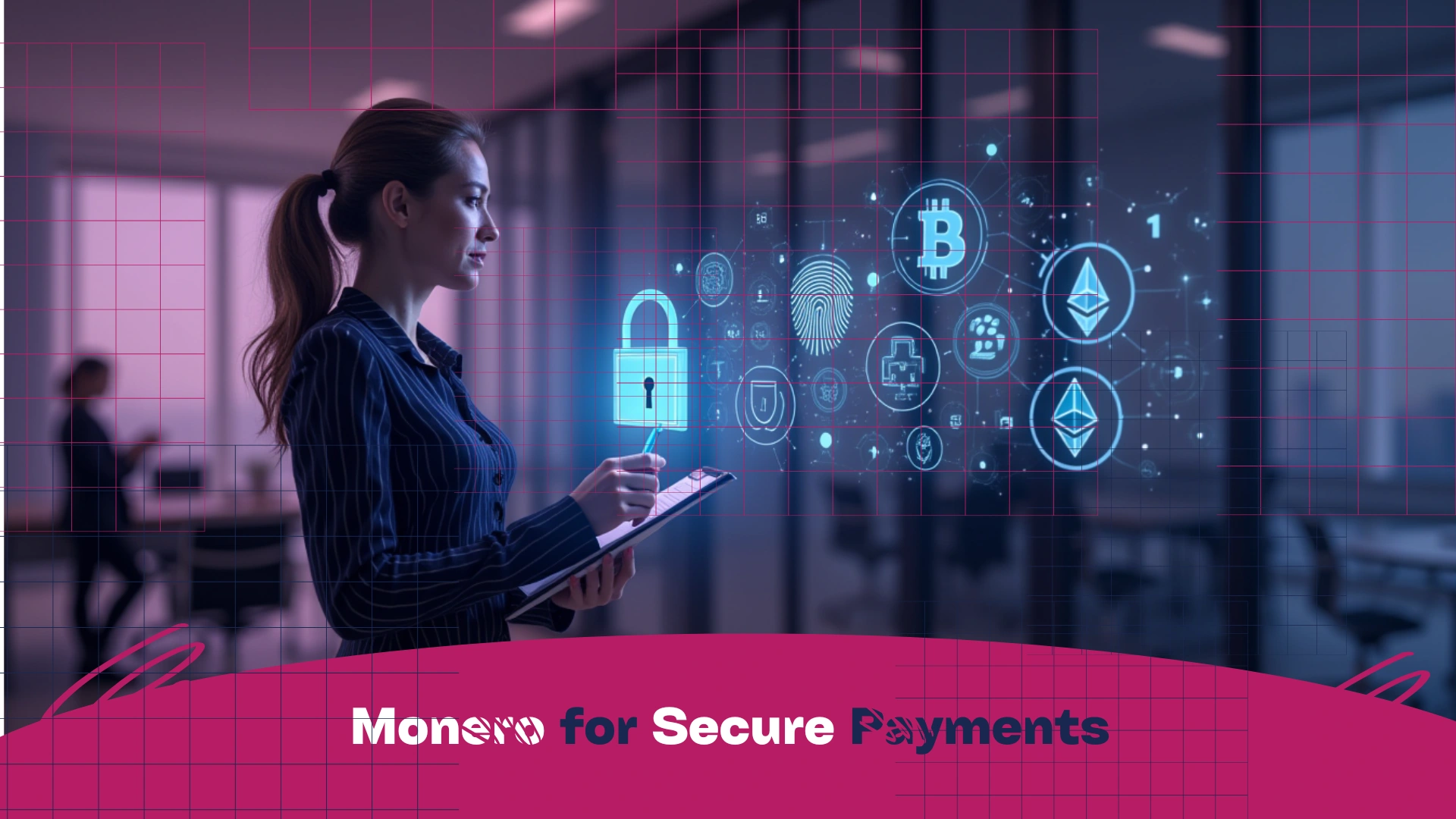Monero (XMR) is a privacy-focused cryptocurrency designed to provide secure, untraceable, and censorship-resistant transactions. Unlike traditional cryptocurrencies like Bitcoin, which are pseudonymous, Monero offers a higher level of privacy by obscuring sender, recipient, and transaction amounts. This article will guide you through everything you need to know about using Monero for secure payments, including the technology behind it, how to get started, and the best practices for maintaining privacy.
Understanding Monero’s Privacy Features
Monero achieves privacy through several unique technologies that differentiate it from other cryptocurrencies. The primary privacy feature is ring signatures, which mix the sender’s transaction with those of multiple users, making it impossible to identify the sender. This method, combined with ring confidential transactions (RingCT), ensures that the transaction amounts are hidden. Moreover, Monero uses stealth addresses which are one-time addresses for each transaction, further enhancing privacy.

- Source: Monero Project
How to Obtain Monero
To start using Monero, you first need to acquire some XMR tokens. You can buy Monero on several popular cryptocurrency exchanges, such as Binance, Kraken, and Bitfinex. Each exchange has different verification requirements, fees, and security measures, so it’s essential to choose one that aligns with your needs and priorities regarding privacy and ease of use.
Setting Up a Monero Wallet
Once you have Monero, the next step is to set up a secure wallet. There are several types of wallets you can choose from, including desktop wallets (like MyMonero), mobile wallets (such as Cake Wallet), and hardware wallets (like Ledger Nano S or Trezor). Each type offers different levels of security and convenience. Desktop wallets are typically considered more secure due to their offline nature, while mobile wallets offer accessibility but come with some trade-offs regarding security.
- Source: MyMonero, Cake Wallet, Ledger Nano S, Trezor
Making Secure Payments with Monero
When making payments with Monero, it’s essential to maintain privacy by following best practices. Start by generating a new receiving address for each transaction using stealth addresses. This practice ensures that no transaction history can be traced back to you. Additionally, always verify the recipient’s address to avoid sending Monero to an incorrect or malicious address. To initiate a payment, you’ll need the recipient’s Monero address and the amount to send. Transaction speeds with Monero are relatively fast and confirm within minutes, making it a viable option for quick and private payments.
- Source: Monero Project
Comparison: Monero vs. Bitcoin for Privacy-Focused Payments
To better understand why someone might choose Monero over Bitcoin for privacy-focused payments, it’s helpful to look at a comparison table:
| Feature | Monero | Bitcoin |
|---|---|---|
| Privacy | High | Medium |
| Transaction Speed | Fast | Slower |
| Fees | Low | Higher |
| Scalability | Limited | High |
| Acceptability | Niche | Mainstream |
| Technology | Advanced privacy features | Basic pseudonymity |
- Source: Monero Project, Bitcoin
Security Measures for Monero Users
To ensure your Monero transactions remain secure, consider these best practices:
- Use a hardware wallet to store Monero, minimizing the risk of theft from online hacking attempts.
- Avoid reusing addresses. Generate a new address for each transaction to protect your privacy.
- Keep your software up to date on your devices and wallets to avoid vulnerabilities that could be exploited.
- Source: Ledger Nano S, Trezor, MyMonero
Frequently Asked Questions (FAQs)
- What is Monero, and why is it private?
- Monero is a privacy-focused cryptocurrency that offers untraceable transactions through advanced cryptographic techniques. It aims to protect user privacy by obfuscating transaction details and user identities.
- How do I buy Monero?
- You can purchase Monero on cryptocurrency exchanges like Binance, Kraken, and Bitfinex. Ensure to choose a platform that suits your privacy preferences and follows best security practices.
- Can Monero be used for everyday transactions?
- Yes, Monero is suitable for everyday transactions, including purchases and payments. It offers fast transaction speeds and low fees, making it a practical option for small payments.
- Is Monero legal to use?
- The legality of Monero varies by jurisdiction. While it’s legal in many countries, some governments have restrictions or regulations on privacy coins. It’s essential to stay informed about local laws.
- What are the risks of using Monero?
- Like any cryptocurrency, there are risks associated with using Monero, including potential theft, regulatory uncertainty, and the challenge of maintaining privacy. Using hardware wallets and adhering to best practices can mitigate some of these risks.
Conclusion
Using Monero for secure payments offers a high level of privacy and untraceability that traditional financial systems and other cryptocurrencies cannot match. By understanding Monero’s unique features, setting up the right wallet, and following best practices, users can confidently make secure transactions while maintaining their privacy. Whether for small transactions or larger purchases, Monero’s advanced cryptographic techniques and dedicated community make it a strong contender in the realm of privacy-focused digital currencies. As the world continues to prioritize privacy and security in online payments, Monero remains a top choice for those looking to protect their financial transactions.


